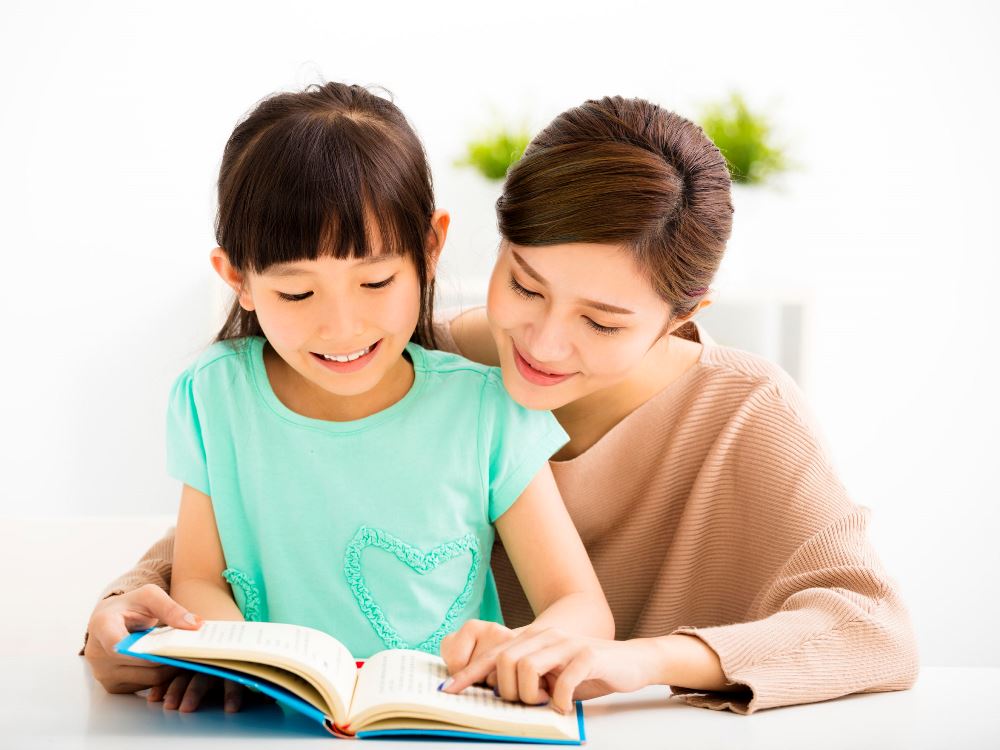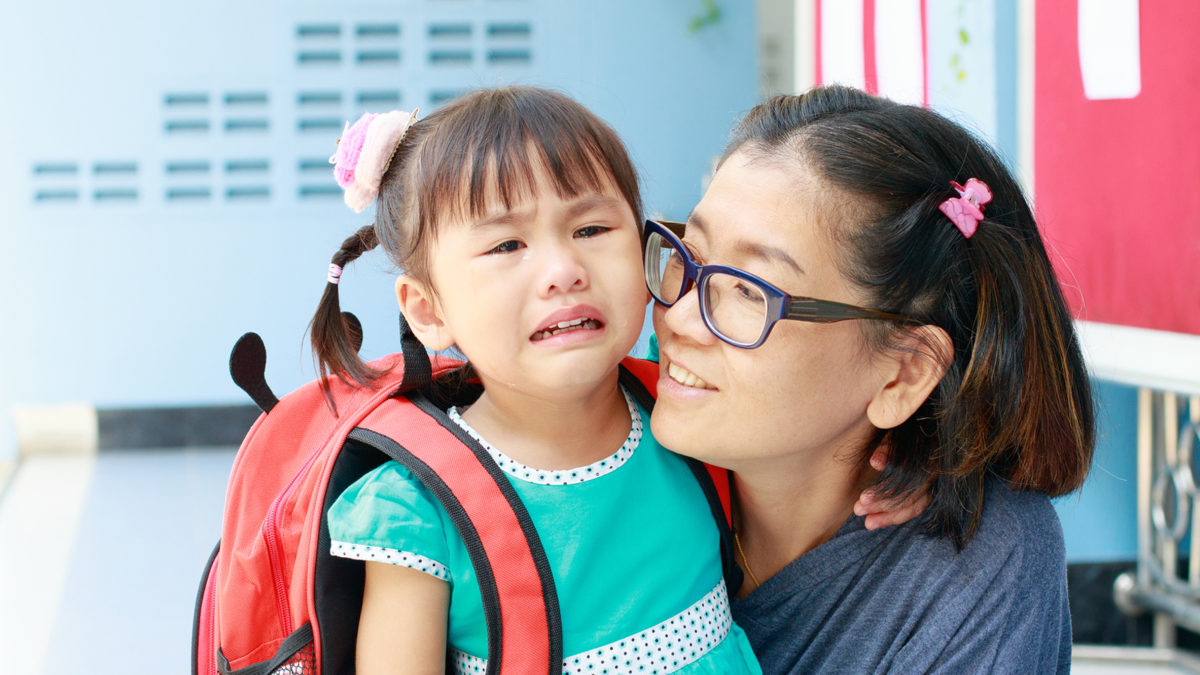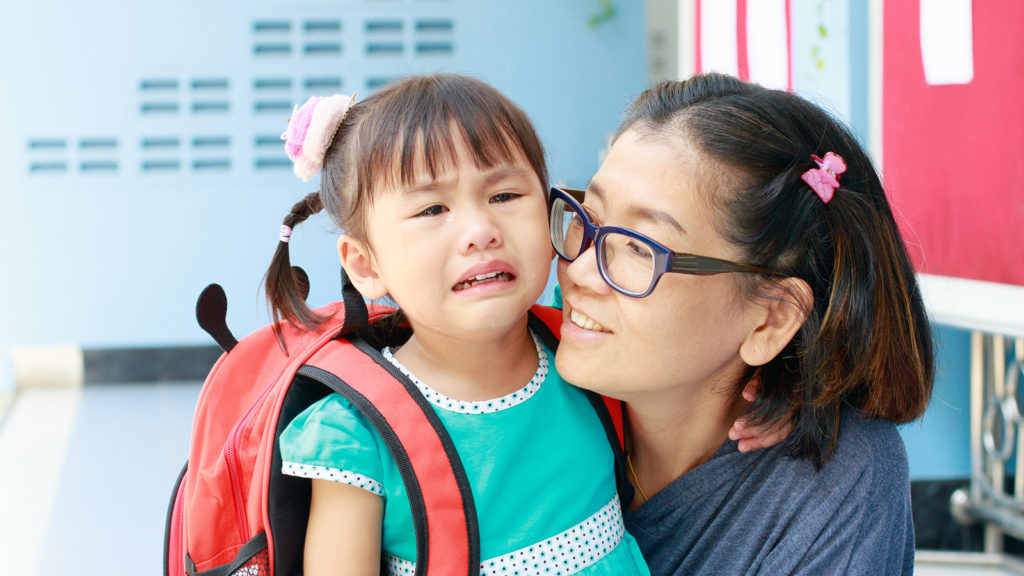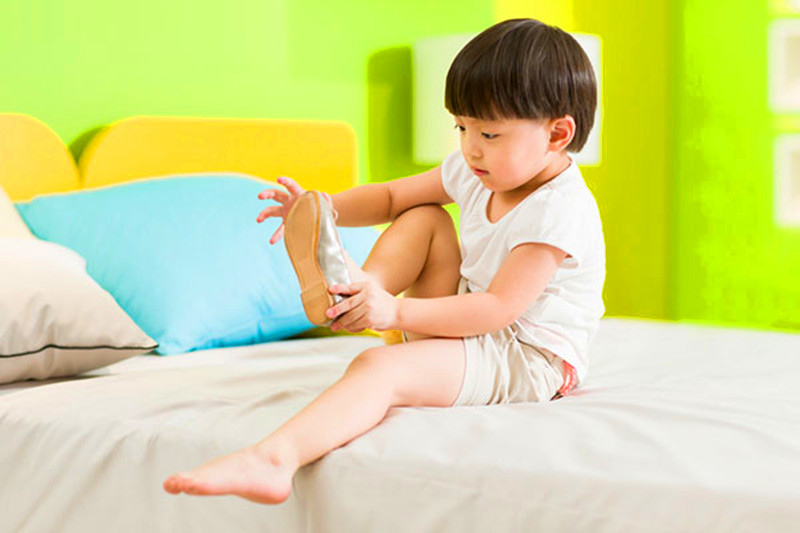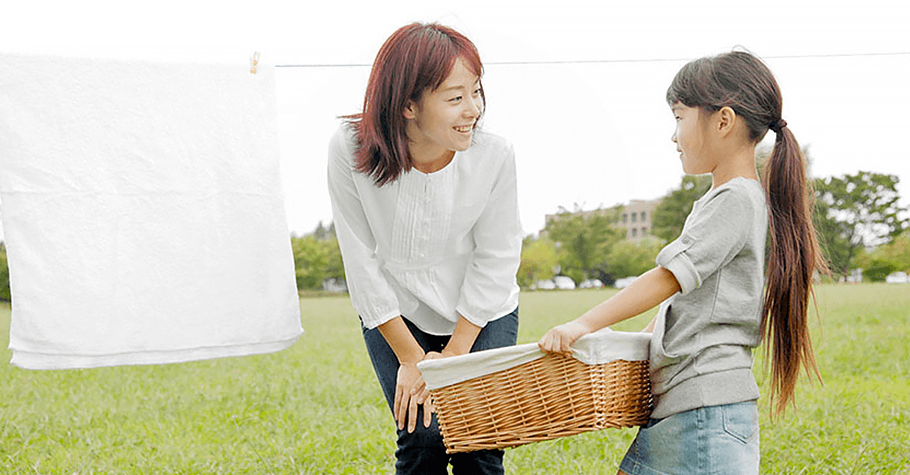Parent Tips
Become a secure attachment for your child.Parent-child interaction is especially important.
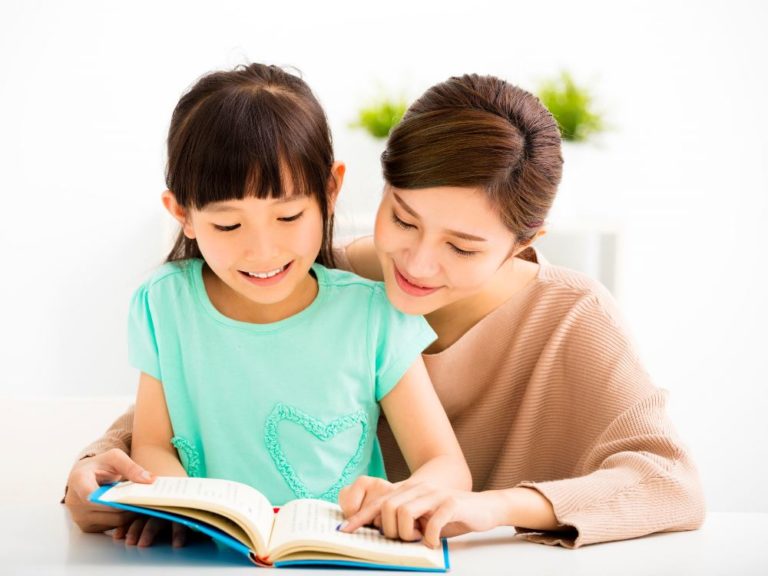
Written By: Ms. Lui Shuk Jing, Family Dynamics Personal, Marriage and Family Therapist
There is a Chinese saying “the age of three determines 80” and the West has another saying “The future is now”.It is clear that both Chinese and foreign parents have relevant parenting experience and believe that the early years are the golden age for shaping the healthy growth of their children. Many parents understand that they are the key influencers of their children’s growth, and that their children will learn by example, so they have to set an example and start to discipline them at a young age.
I believe that parents focus on disciplining their children’s behavior, but recent studies in medicine, science, psychology, and early childhood development all point to the interaction and relationship between parents and children as the foundation for their children’s development.
“Attachment Theory research clearly shows that as early as 0-18 months of age, a parent or primary caregiver forms a lifelong relationship pattern with the child that will be passed on for the rest of the child’s life. Once a secure attachment relationship is established, it is like a secure base that can be effective in dealing with future turbulent situations and in building the ability to have a successful family relationship.
Conversely, once an insecure relationship pattern is established, it can have a negative impact on an infant’s future growth, emotional processing, and family relationships.

Secure Attachment
The key to establishing a secure attachment pattern is for parents to establish a secure attachment when their child is 0-18 months old. Parents can build secure attachments based on the following suggestions
- Be close to your child often, especially when they need it, such as when they cry and see their parents comforting them so that they know you are always there for them.
- Invest emotionally in the parent-child relationship so that your child knows that you enjoy spending time with them and are interested in them, rather than being preoccupied with your own work. So parents need to play with their children from time to time to increase parent-child interaction and communication.
- Parents are sensitive to their children’s emotional needs because children need you not only to meet their physical needs but also to care about their emotions and help them express and respond to them, especially negative emotions. When your child is dancing or smiling, you will help them say, “My baby is so happy! I’m so excited!” When your child is upset or crying, you will pick them up and offer protection and comfort. As they grow older, they will have more complex emotions, such as worry, fear, anger, frustration, and shame, and parents need to encourage and help their children express them, even though their negative emotions may have something to do with them.

Insecure Attachment
I have handled many cases in which the children are smart and well-behaved and have excellent academic performance, but they are very disturbed emotionally. Their parents think they are leading by example, loving their children and working hard, but they do not understand how their children can have emotional problems. If they look closely at the “attachment pattern” between themselves and their children to see if they are always close to their children, if they are emotionally involved, and if they can meet their children’s emotional needs, it will be easy to find the core of the problem and help parents rebuild a secure attachment relationship with their children so that they can rely on them and build a foundation for growth.

